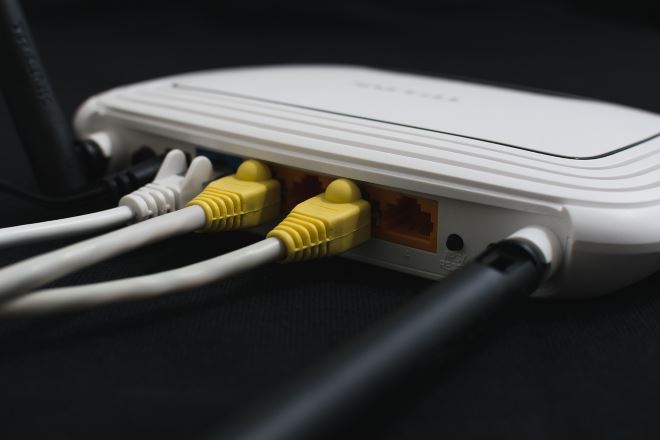Maximizing Savings on Your Internet Service: Smart Negotiation Strategies
In today's digital age, having a reliable and affordable internet connection is essential for both work and leisure. However, many consumers find themselves paying more than necessary for their broadband services. This article will explore effective strategies to negotiate better deals with internet providers, helping you save money without compromising on service quality.

What information should you gather before negotiating?
Before entering into negotiations with your ISP, it’s crucial to arm yourself with relevant information. Research the current market rates for broadband services in your area, including promotional offers from competitors. Take note of your current plan details, including speed, data caps, and any additional features. This knowledge will give you leverage during the negotiation process and help you identify areas where you might be overpaying.
How can you prepare for a negotiation call with your ISP?
Preparation is key to a successful negotiation. Start by reviewing your internet usage patterns to determine if your current plan aligns with your needs. If you’re consistently underutilizing your data or speed allowance, this could be a point of negotiation for a lower-tier plan at a reduced cost. Conversely, if you frequently exceed your limits, you may be able to bargain for an upgrade without a significant price increase.
What are effective negotiation techniques for internet services?
When speaking with your ISP’s representative, remain polite but firm. Begin by expressing your satisfaction with the service but highlight your concern about the cost. Mention any competitive offers you’ve found and ask if they can match or beat those prices. If they’re unable to lower your rate, inquire about other ways to reduce your bill, such as bundling services or signing up for autopay discounts.
Are there specific times when negotiation is more likely to succeed?
Timing can play a crucial role in the success of your negotiation efforts. The end of your contract period is often the best time to negotiate, as providers are more motivated to retain customers. Additionally, keep an eye out for promotional periods or when new competitors enter the market, as these situations can create opportunities for better deals.
What alternatives should you consider if negotiation fails?
If your current provider is unwilling to offer a better deal, it may be time to explore alternatives. Consider the following options:
| Provider | Services Offered | Key Features/Benefits |
|---|---|---|
| Xfinity | Cable, Fiber | Wide availability, bundle options |
| AT&T | DSL, Fiber | Reliable service, no data caps on some plans |
| Verizon Fios | Fiber | Symmetrical speeds, no annual contracts |
| Spectrum | Cable | No data caps, contract buyout offers |
| CenturyLink | DSL, Fiber | Price for Life guarantee on some plans |
Prices, rates, or cost estimates mentioned in this article are based on the latest available information but may change over time. Independent research is advised before making financial decisions.
Remember that switching providers can often result in promotional rates for new customers, potentially leading to significant savings. However, be sure to factor in any installation fees or equipment costs when comparing offers.
In conclusion, negotiating with your internet service provider can be a highly effective way to reduce your monthly expenses without sacrificing the quality of your broadband connection. By researching your options, preparing thoroughly, and approaching the conversation with confidence, you can increase your chances of securing a better deal. Whether you succeed in negotiating with your current provider or find a more attractive offer elsewhere, taking action can lead to substantial savings on this essential service.





